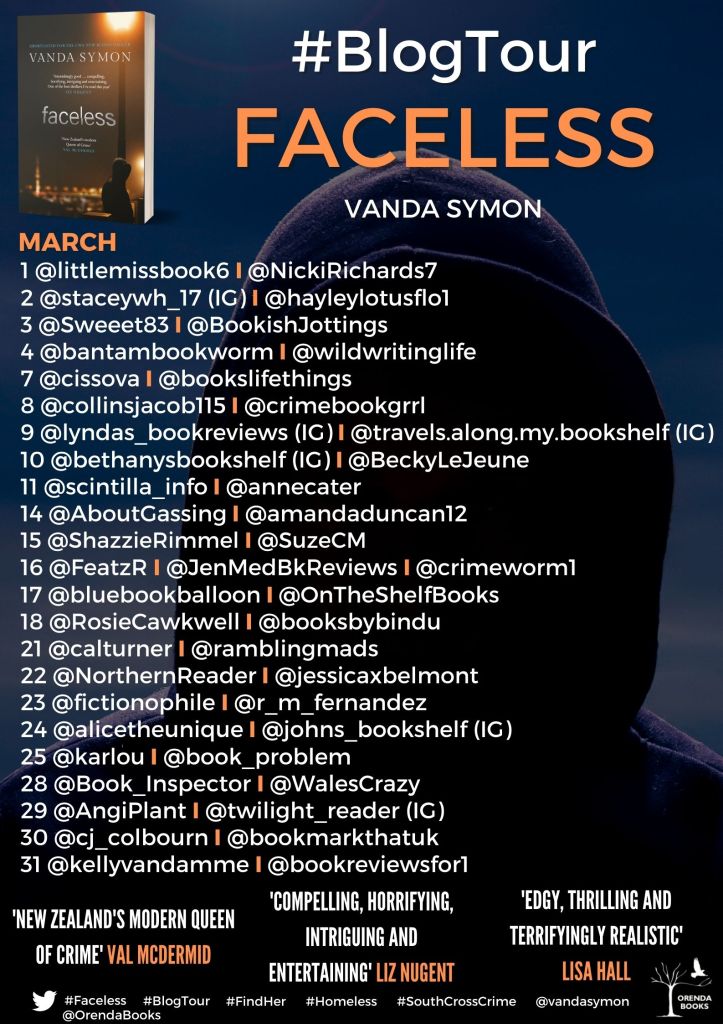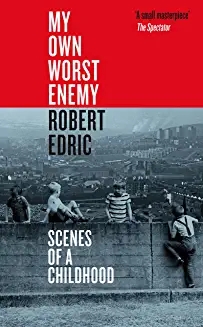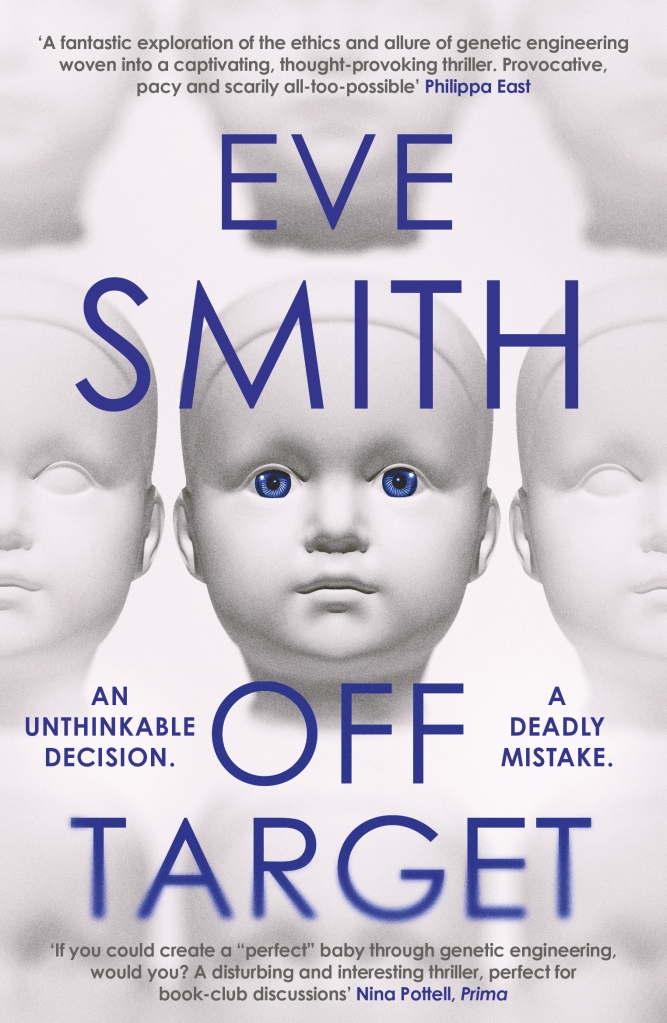
Worn down by a job he hates, and a stressful family life, middle-aged, middle-class Bradley picks up a teenage escort and commits an unspeakable crime. Now she’s tied up in his warehouse, and he doesn’t know what to do.
Max is homeless, eating from rubbish bins, sleeping rough and barely existing – known for cadging a cigarette from anyone passing, and occasionally even the footpath. Nobody really sees Max, but he has one friend, and she’s gone missing.
In order to find her, Max is going to have to call on some people from his past, and reopen wounds that have remained unhealed for a very long time, and the clock is ticking…
Hard-hitting, fast-paced and immensely thought-provoking, Faceless – the startling new standalone thriller from New Zealand’s ‘Queen of Crime’ – will leave you breathless.
Review
When I picked up Faceless to read I felt a tingling of excitement! Having read her Sam Shephard series, I knew Vanda Symon was an exceptional talent and so I expected great things from this new standalone novel. What I got, was a superbly written thriller, with characters I both loved and hated, best of all a story that gripped my head and my heart.
One of the reasons I loved it so much was that although it is dark and often dramatically so, it also contains themes of friendship, love, respect and loyalty between the two main characters Max and the young homeless girl who becomes his friend. Frame that against Bradley, angry, frustrated and bitter and you have a triumvirate around whom the story swirls. Anxiety flooding the reader, caused by the frightening possibility that his toxic and devastating anger will eventually destroy the lives of the innocents he has targeted. It’s the way the writer balances light and dark that gives this thriller the edge over so many others on the market, it has a sense of humanity, a light shining in the darkness, that made me want to read on!
In amongst the light and shade that the story is constructed from are characters that are flawed and yet complex. There is Max, homeless, lost and damaged, who when he meets Billy, sees in her the chance not just to save her, but redeem himself. Both are victims of a events, betrayed by the actions of others, together they have found friendship and that is why I loved them so much. Vanda Symon writing them in such a way that I desperately wanted them to survive the cruelty that surrounded them. It is a clever writing tool, to create characters that you instinctively love and find yourself rooting for, because it anchors you to them, you feel a sense of fellowship, like you are standing with them against the cruel world.
It is rare in any book to make such a connection to a set of characters and it is what makes Faceless so special. So many writers make the mistake in thrillers of prioritizing story over character, so much so that the theatrics of the constant twists in the tale, leave the reader feeling a little exhausted from the perpetual barrage of content. What we have here is a balanced and nuanced tale of good against twisted, off the back of characters who are the story and not overwhelmed by it, becoming barren husks that the reader forgets the moment they finish the final page. I promise you, you will not forget Max, Billie and even Bradley, they will for weeks after, remind you why the writer has a legion of fans! She has an instinctive grasp of what can turn a person from good to bad and why some flawed as they are, will always instinctively seek out the light, not the dark.
Faceless is a superb and clever thriller, one that does what all great thrillers do, it entertains. Better than that it does so by telling a story around the one thing that connects us all, or shared sense of humanity.
You can buy this novel directly from the publisher Orenda Books.
It can also be purchased from Amazon, Waterstones and all the great independent bookshops!
About the author

Vanda Symon is a crime writer, TV presenter and radio host from Dunedin, New Zealand, and the chair of the Otago Southland branch of the New Zealand Society of Authors. The Sam Shephard series has climbed to number one on the New Zealand bestseller list, and also been shortlisted for the Ngaio Marsh Award for best crime novel. She currently lives in Dunedin, with her husband and two sons.
You can follow the author on Twitter at @vandasymon and at her website.











